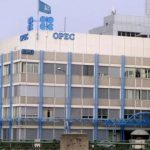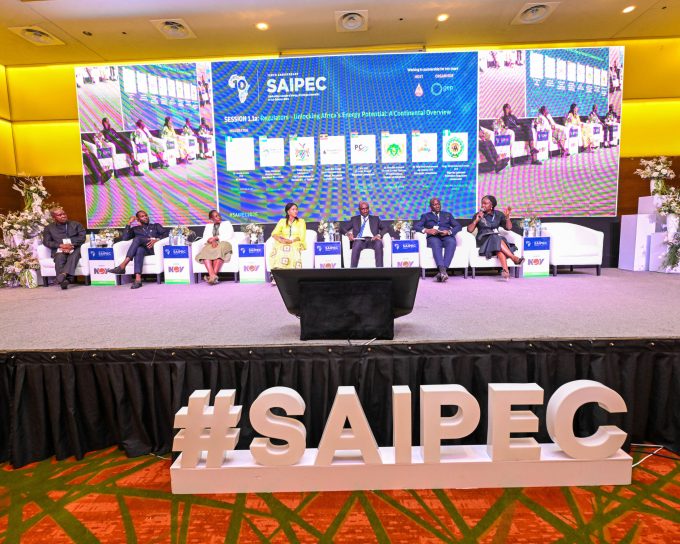Efforts to establish a specialised company to acquire Nigerian banks’ non-performing loans will, if successful, ease the mounting asset quality problems, Fitch Ratings has said.
Already, the Central Bank of Nigeria and the Nigeria Deposit Insurance Corporation have set up a joint committee to discuss the plan.
The NPLs in the banking industry are increasing rapidly, reaching 11.7 per cent of gross loans at the end of June 2016, from 5.3 per cent at the end of December 2015.
According to Fitch, the operating environment for Nigerian banks is becoming increasingly difficult as recession, weak oil prices and exchange rate pressure combine to make it more difficult for borrowers to service their loans.
The CBN had in July allowed the banks to speed up the write-off of fully reserved NPLs. This was meant to encourage the banks to clean up their balance sheets and help them comply with the five per cent NPL/total loans ratio threshold set by the apex bank for the lenders.
Fitch, however, said in a statement on Tuesday that the write-off measures had little impact on its assessment of a bank’s asset quality, because “we take a view on the adequacy of a bank’s loan loss reserves and consider its NPLs less loan loss reserves in our assessment of loan quality.”
It added, “Fitch-rated Nigerian banks’ NPLs at end-June 2016 were reserved at 62 per cent and our ratings already factor in an assessment of loan loss cover adequacy. Setting up an asset management company (AMCON2) to acquire the NPLs would in our view be a more significant and credit-positive measure.”
“If successful, and depending on transfer pricing agreed, it could result in real improvement in the banking sector’s asset quality. Sectors experiencing difficulties include oil and gas, utilities, manufacturing and trading. AMCON2 would follow AMCON, established in 2010. This company, funded by the issuance of Federal Government zero-coupon bonds, the central bank, and later by a levy on banks’ assets, removed the NPLs from the banking sector, making banks better positioned to lend to the real economy.
“AMCON continues to operate, having recovered 56 per cent of the value of total loans acquired from the banks. It also acquired failed banks and stakes in failed banks. Funding of AMCON2 might prove difficult. Press reports suggest that the government intends it should be funded by the private sector, but convincing private investors to acquire the NPLs at a time of heightened economic difficulty might prove challenging.”








